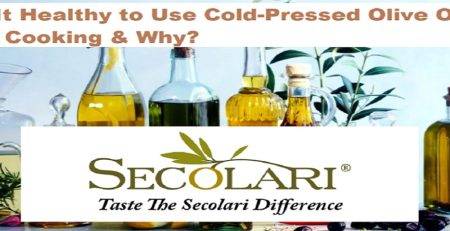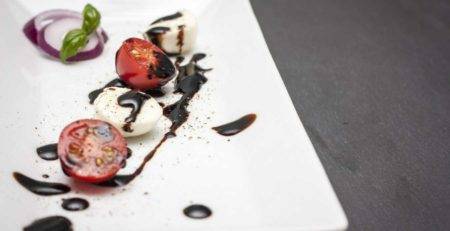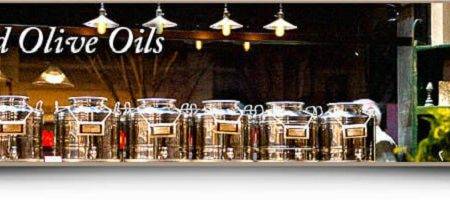Mmm! 5 Reasons to Try the Mediterranean Diet for Heart Health
Around 650,000 Americans die from heart disease every year and the frightening thing is, many instances of heart disease are preventable. We know our hearts keep us going, we talk about them all the time, so why don’t we actively take care of them?
Looking after your heart and keeping it in the best possible condition isn’t necessarily difficult. It means avoiding smoking and excessive drinking, staying fit and active, and eating a healthy diet. Would you like to keep your heart strong and functioning as it’s designed to? Of course you would.
Keep reading to learn about the delicious Mediterranean diet and why it’s such a good choice for your heart.
1. High in Healthy Fats
There are no hard and fast rules about the Mediterranean diet, it’s simply the typical food that some nations bordering the Mediterranean consume. Countries like Italy, Greece, and France traditionally eat what is most often referred to as the Mediterranean diet.
The diet is high in healthy fats, which are essential for heart health. Certain fats, mainly saturated fats, raise the levels of “bad” cholesterol. Healthy fats, like those in olive oil, avocados, and nuts, lower “bad” cholesterol and raise levels of “good” cholesterol.
2. Rich in Fruits and Vegetables
Mediterranean diets tend to be plant-based rather than meat-based. It includes a comprehensive range of fruits and vegetables, all of which are essential for heart health.
Your body requires many nutrients to keep functioning properly, including antioxidants found in vegetables and fruits. The nutrients in plants help reduce inflammation, which is a factor in heart disease.
3. Fish for Heart Health
The inclusion of oily fish is another reason why the Mediterranean diet is great for keeping your heart healthy. This protein source tends to have high levels of the omega-3 fatty acid, an essential nutrient.
Omega-3 performs important roles in the body and can lower blood pressure, improve heart rhythm, and support the function of blood vessels. You can opt for fish like mackerel, sardines, and salmon.
4. Kiss Goodbye to Red Meat
The Mediterranean diet features very little in the way of red meat. Eating just two servings of red meat a week has been linked with heart disease and this type of meat is high in saturated fat. Reducing your intake of red meat could be one of the best things you do for your heart and you can replace the protein with plant-based proteins like beans, whole grains, and nuts.
5. Avoids Processed Foods
Ultra-processed foods, unfortunately, make up the majority of the American diet and yet they are large contributors to obesity. Obesity is a risk factor for heart disease and cutting out processed foods could help improve the health of your heart. Processed foods tend to be things like ready-meals, pre-made sauces, candy, cakes, and chips.
In contrast, the Mediterranean diet is well known for its ability to keep you lean. Cooking with olive oil alone can help you keep the weight off.
Eat a Mediterranean Diet to Boost Your Heart Health
Heart disease is the leading cause of death in the United States but every single one of us is capable of reducing our risk of suffering from it. When you give the Mediterranean diet a try, you’ll soon realize that it’s a delicious way to eat and gives you the energy and nutrients you need.
Once you start cooking with high-quality ingredients, you’ll see why this is the diet of choice for millions of heart-healthy Europeans. Why not try cooking and dressing salads with some incredible olive oil? Check out our range of olive oils, your heart and your taste buds will thank you for it.












Comments (2)
[…] in individuals of all ages. As you probably already know, regular consumption of olive oil can improve cholesterol levels and lower blood pressure, so it shouldn’t be left out from your […]
[…] of the recipes are simple, prepared with easy to source ingredients. This gives the Mediterranean dishes their delicious taste. Just think of how easy it is to put together a Greek salad: Cut fresh tomatoes, cucumbers, red […]